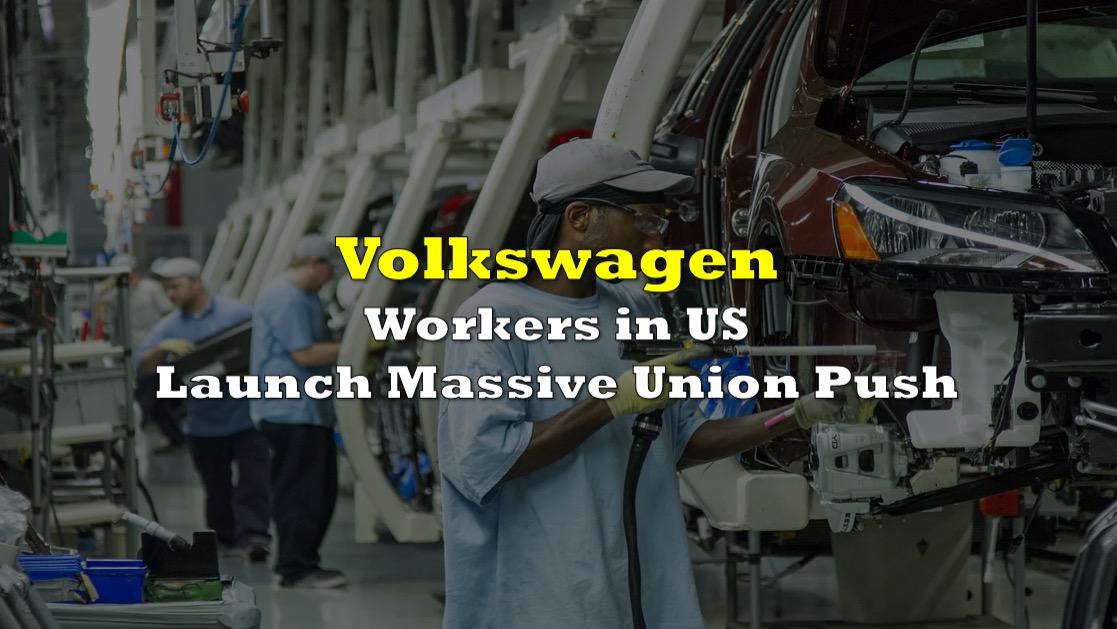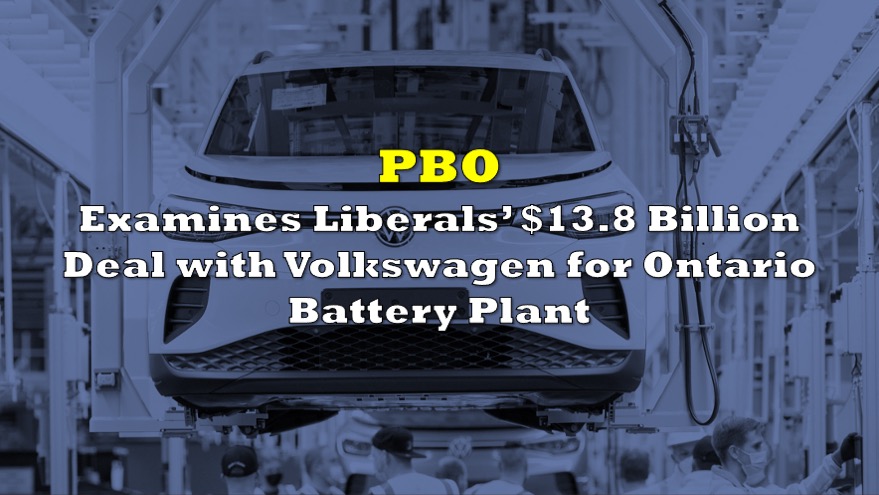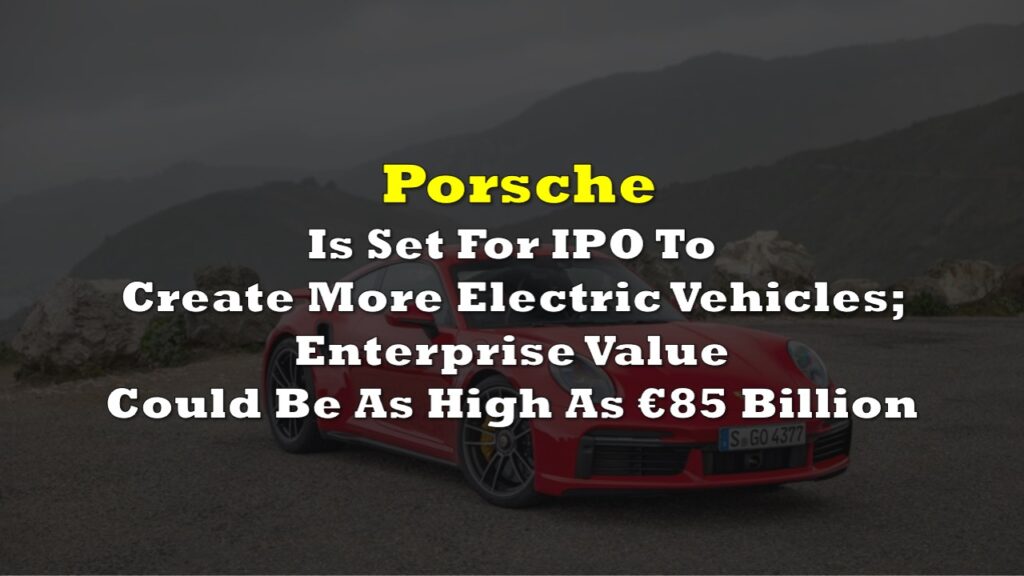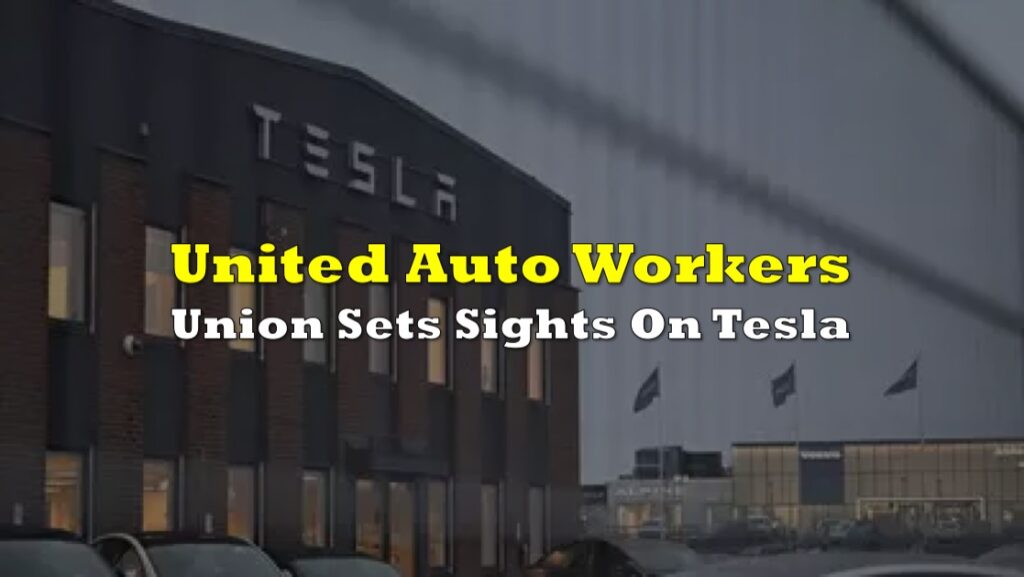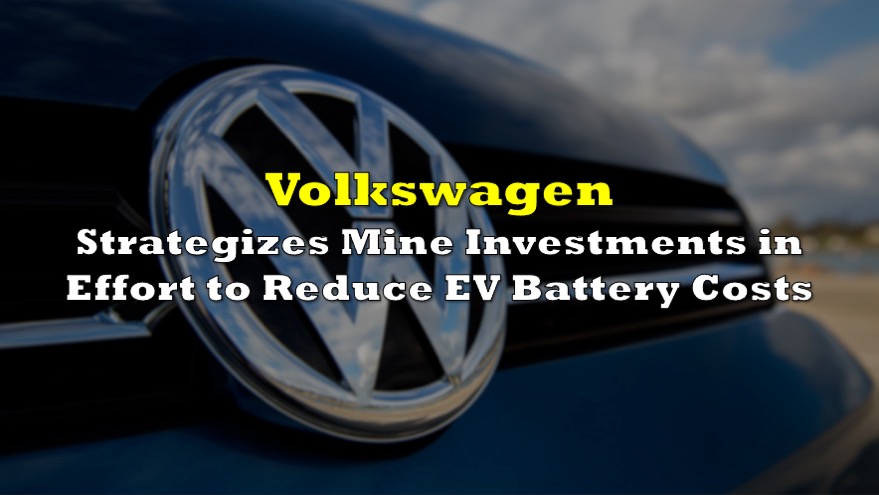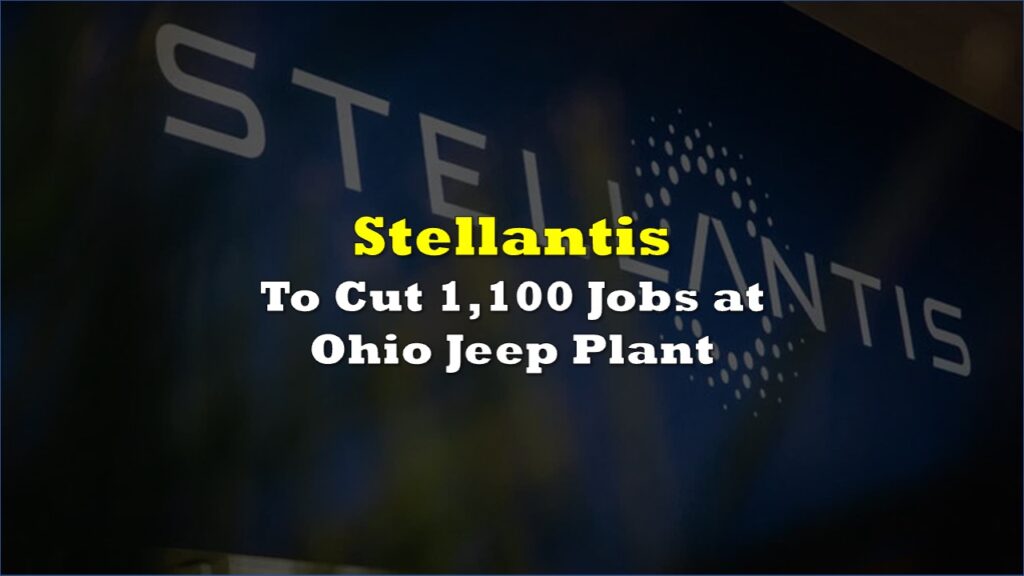In a groundbreaking move, workers at Volkswagen’s Tennessee plant have launched a union campaign, marking the first publicized effort since the United Auto Workers declared its intention to unionize 13 non-union automakers just eight days ago.
Over 1,000 employees have already shown their support by signing union cards, potentially reshaping the landscape for organized labor at the Volkswagen facility.
BREAKING: Volkswagen workers in Tennessee have launched a union campaign.
— More Perfect Union (@MorePerfectUS) December 7, 2023
Over 1,000 workers have already signed union cards.
It’s the first campaign to go public since the @UAW announced its plan to unionize 13 non-union automakers just 8 days ago. 🧵
This endeavor is particularly significant given the plant’s history of unsuccessful unionization attempts. Previous efforts in 2014 and 2019 faced significant hurdles, with political opposition playing a pivotal role in shaping the outcome. During the 2014 campaign, both Senator Bob Corker and then-Governor Bill Haslam vocally opposed the unionization, expressing concerns about its impact on the state’s business environment.
Their opposition proved effective, as 53% of workers voted against the union. In 2015, skilled trades workers attempted to form a micro-unit, only to have the National Labor Relations Board (NLRB) rule against such formations in 2017. Despite this setback, the landscape shifted in 2022 when the ruling was reversed, paving the way for renewed unionization efforts.
In 2019, a comprehensive attempt to organize the entire plant faced political resistance once again. A recording published by Labor Notes captured Governor Bill Lee expressing his preference for direct relationships between employers and workers. The workers ultimately rejected the union by a narrow margin of 52% to 48%.
However, the recent success of the UAW in achieving historic wins at the Big 3 automakers could signify a turning tide. Two days after the Big 3 contract ratification, Volkswagen announced 11% raises, but some workers remained discontented. Shannon Logan, a Volkswagen employee, highlighted the disparity between the raises offered by Ford and Volkswagen, emphasizing the need for improved conditions.
“The forced overtime on Saturdays, the lack of time off, it keeps us away from our families. That’s why we’re building the union. When people have a good job and time to spend with our families, we’ll help the whole community thrive,” Volkswagen worker Billy Quigg told the UAW.
— More Perfect Union (@MorePerfectUS) December 7, 2023
Volkswagen worker Billy Quigg echoed these sentiments, citing issues such as forced overtime and limited time off as catalysts for the renewed push for unionization. Quigg emphasized the positive impact of good jobs and increased family time on the entire community’s prosperity.
The compensation structure at Volkswagen also came under scrutiny, with the CEO earning €11.8 million in 2022 and the top 13 executives collectively receiving $60 million, according to the UAW.
We're VW. We’re UAW. And we’re ready to Stand Up.
— UAW (@UAW) December 7, 2023
For our coworkers. For our families. For Chattanooga. pic.twitter.com/k3XB0FL0aZ
The UAW recently initiated a campaign to organize 13 non-unionized automakers across the United States. UAW President Shawn Fain, following the achievement of record contracts with the Detroit Three, had earlier expressed the union’s intention to extend its influence beyond these manufacturers.
The UAW’s target comprises nearly 150,000 workers from prominent automakers, including BMW, Honda, Hyundai, Lucid, Mazda, Mercedes, Nissan, Rivian, Subaru, Tesla, Toyota, Volkswagen, and Volvo.
Information for this story was found via the sources mentioned. The author has no securities or affiliations related to the organizations discussed. Not a recommendation to buy or sell. Always do additional research and consult a professional before purchasing a security. The author holds no licenses.

